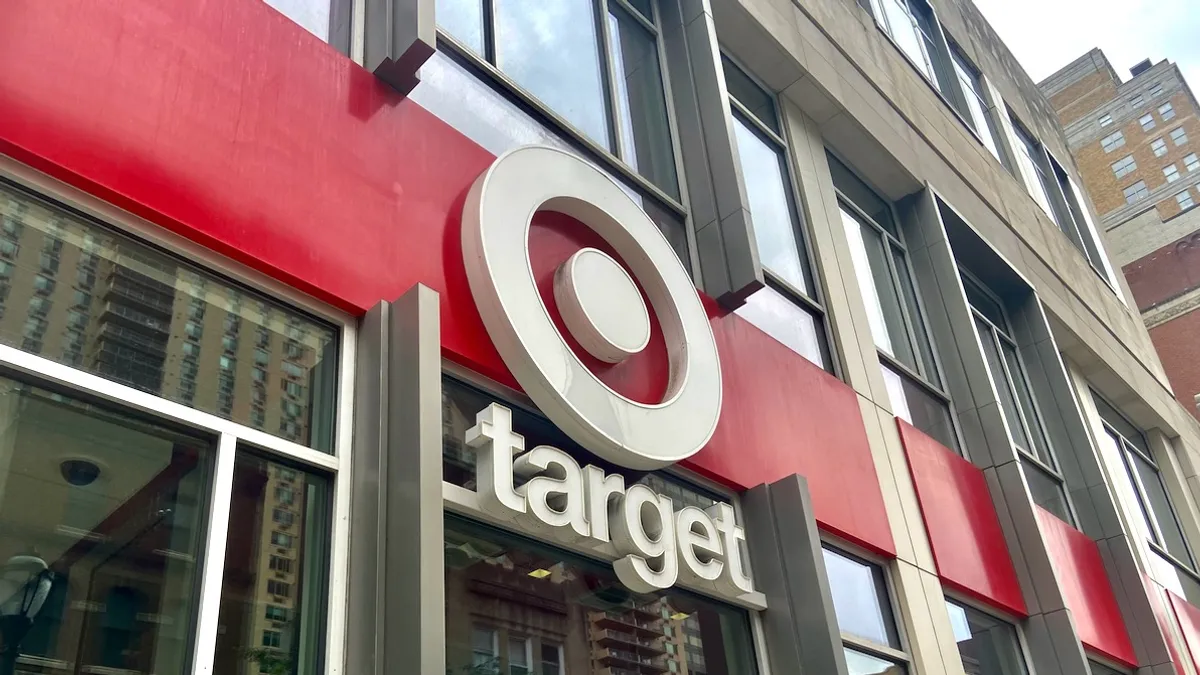Amazon used photos of its office dogs to distract customers from a faltering website on Prime Day last week, but this ploy probably isn't the only reason the online shopping giant allows four-legged friends at its headquarters on a daily basis.
Nationwide and the Human Animal Bond Research Institute published a study in June investigating how employees respond to pet-friendly office environments — and it saw overwhelmingly positive results. The research found that 91% of of employees who work for a pet-friendly company said they feel engaged in their work, while only 65% of employees at non-pet-friendly sites reported that engagement.
The study included more than 2,000 people who work both in pet-friendly and non-pet-friendly workplaces of more than 100 employees. The pet-friendly offices included those that allow pets into the building and/or employers that offer pet-friendly employee benefits, like pet health insurance.
"Pet owning employees consider pets as part of the family and companies that recognize this have an advantage in recruiting, engaging and retaining top talent," Scott Liles, president and chief pet insurance officer for Nationwide, told HR Dive in an email.
Eighty-three percent of employees in pet-friendly offices said they feel their work is rewarding and exciting. A little less than half (46%) said the same for their work in non pet-friendly workplaces, according to the survey. The vast majority of workers (88%) in pet-friendly companies said they would recommend their place of work to friends and family, while about half said they would recommend working at their non-pet-friendly offices.
How can pets have the power to drive engagement in such an impactful way? From the intense, familial ties pets share with their owners to the animals' ability to work as agents of social interaction, experts told HR Dive that pet-friendly offices have identified a powerful benefit.
Brain chemistry makes pets matter
Softchoice, an IT solutions and managed services provider, has accommodated dogs in several locations since its founding in 1989, when a company founder brought her dog to work.
"We recognized very early on that there's a strong connection between people having the ability to bring their dog to work and employee engagement," Kelly Breedon, senior vice president of people and growth at Softchoice, told HR Dive in an interview. "It just made sense."
Breedon said Softchoice offices' social landscapes benefit from canine presence: "People will stop, pet the dogs, interact with the dog owner. We build this beautiful community through the interactions with the dogs in the workplace."
But the dogs of Softchoice — and of other companies — don't just bolster a sense of office community. When a human interacts with a dog, positive neurotransmitter hormones flood the brain, Steve Feldman, executive director of HABRI, told HR Dive in an interview. Giving a desk mate's dog a scratch behind the ears will release a surge of oxytocin, the hormone responsible for bonding, along with dopamine, a neurotransmitter associated with reward. Meanwhile, negative hormones, like cortisol, take a plunge.
"There's happiness and reward and bonding that's happening as a result of interaction with this animal, and stress relief," Feldman said.
An employee's bond with a pet may be more profound than even chemical reactions, however, especially for younger workers.
"Millennials are using pets as starter kids — they're more than kids," Feldman said, referencing a study that found pets are the number one driver for millennials purchasing houses. "The picture I'm painting here is that many employees view pets as an important member of their family. When a company can show that it's thinking about the family, including the four-legged members of the family, the employees are going to be more likely to stay."
Pet insurance for 'peace of mind'
As much as millennials — and members of other generations — love their animals, they had to spend a lot of money to keep them happy and healthy last year. Americans spent more than $72 billion on their pets last year, according to the American Pet Products Association. It follows that employees would highly appreciate any relief employers can provide them from that fiscal burden.
"Having pet insurance offers peace of mind and is a financially responsible option for pet owners," Liles said. Nationwide developed its My Pet Protection benefit package last year. Through it, employees can visit any licensed veterinarian "in the world" and get a 90% reimbursement on qualified expenses. My Pet Protection covers pet-related accidents and illnesses for employees whose company offers Nationwide pet insurance.
Progressive also offers a plethora of pet insurance plans, ranging from the most basic of accident-only coverage to more comprehensive accident and illness coverage and wellness plans. The plans cost at minimum $1/day at a 90% reimbursement option, though Progressive's website does not disclose what coverage that price entails.
Thoughtful implementation
Some employers take their pet-friendliness even further than providing insurance, however. Inviting employees' sometimes noisy, smelly pets into the workplace may seem like a daunting challenge, but Breedon said Softchoice has experienced "very few challenges" in incorporating the dogs into the workday.
Softchoice implemented an employee-led committee comprised of dog owners and non-dog owners alike who have established rules and solve problems surrounding the dogs, Breedon said. The committee, for example, has established an orientation process by which the dog comes into the workplace.
Softchoice also has defined certain areas of the office as dog-free. The kitchen and selected workspaces, for example, are dog-free to preserve proper hygiene and accommodate those with allergies.
An effective alternative: therapy dogs
Some offices won't ever be able to incorporate employees' dogs every day, but that doesn't mean that their leadership can't reap the benefits of pet-friendly offices. Annie Peters, president and CEO of Pet Partners recommends that employers find and hire therapy dogs to visit their offices for a couple hours. "What we're seeing is employers coming to us, it's not just a novelty or a way to be competitive," Peters told HR Dive in an interview. "They generally care about their employees' wellbeing and they're happy to introduce this benefit."
Employers should note, however, that they can't simply bring in dogs from the pound, Peters said. That introduces many liability issues that could create big headaches for HR especially. If managers are interested in creating a time for their employees to visit with animals, they should find registered therapy animals.
Pets are part of the family now, and as employers seek to become more attentive to caregivers and families of all stripes, pets are increasingly part of the equation.





















